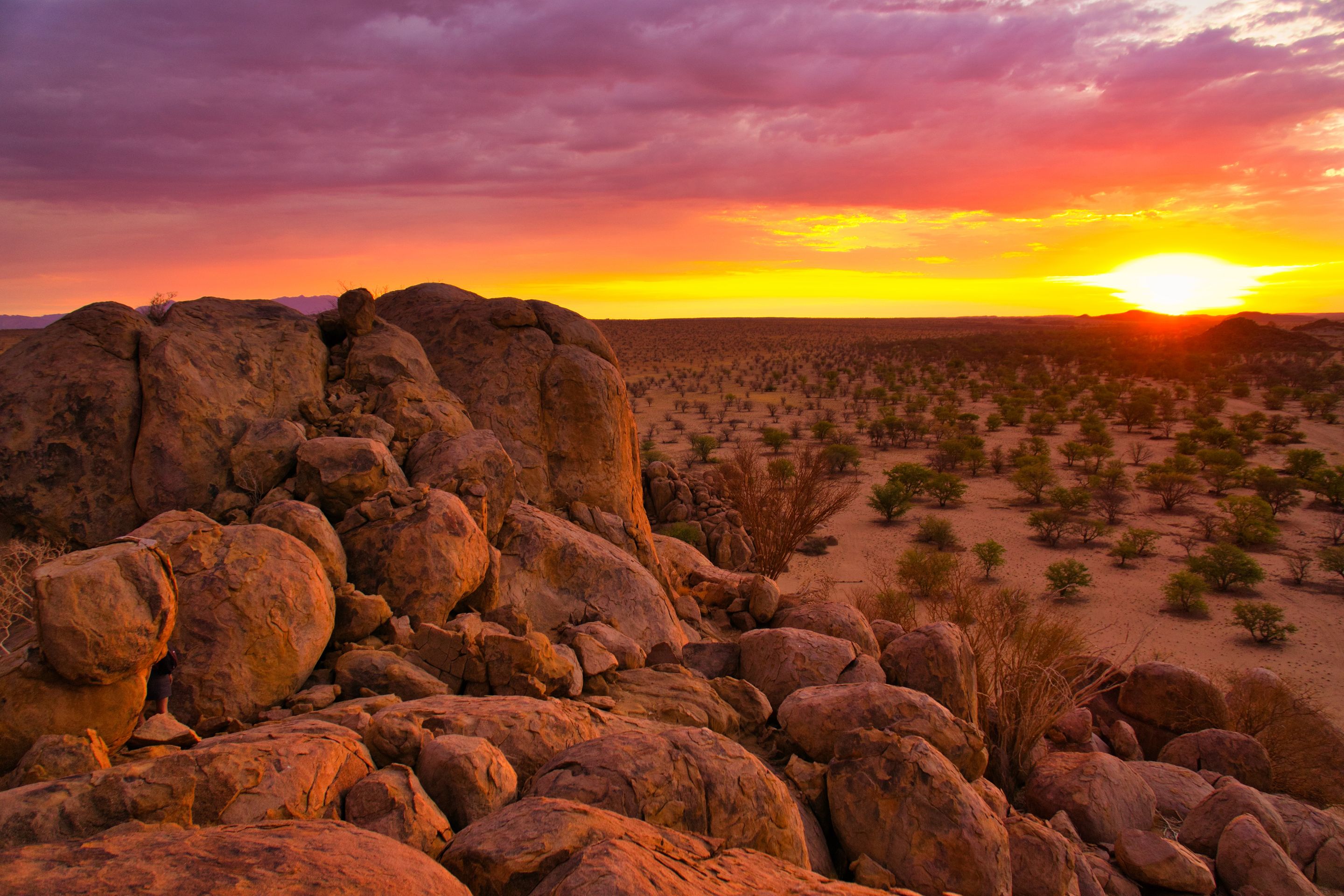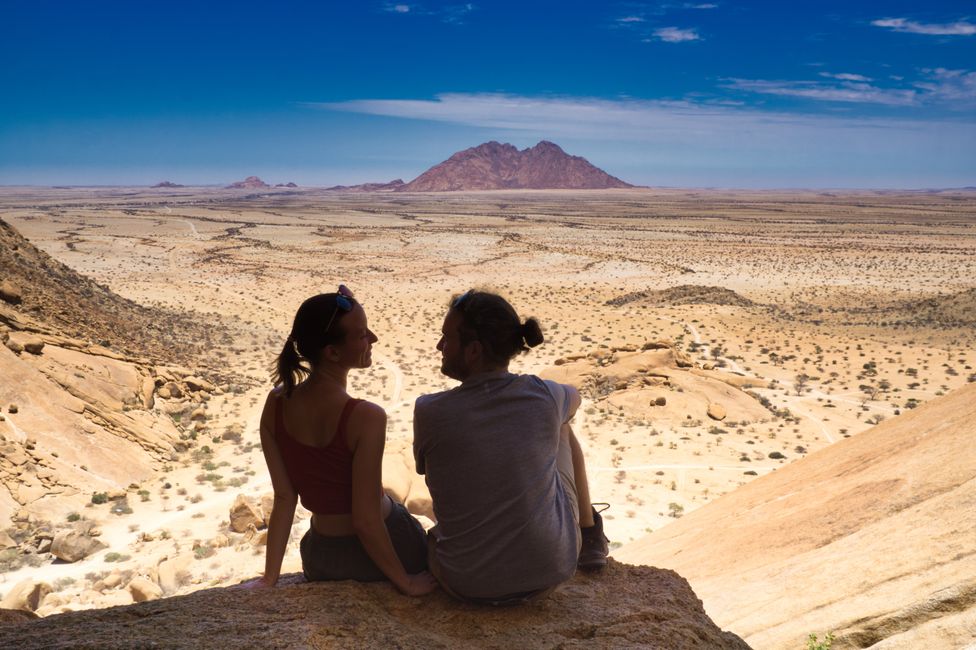Somerset West - our everyday life in school & distillery
La daabacay: 31.03.2022
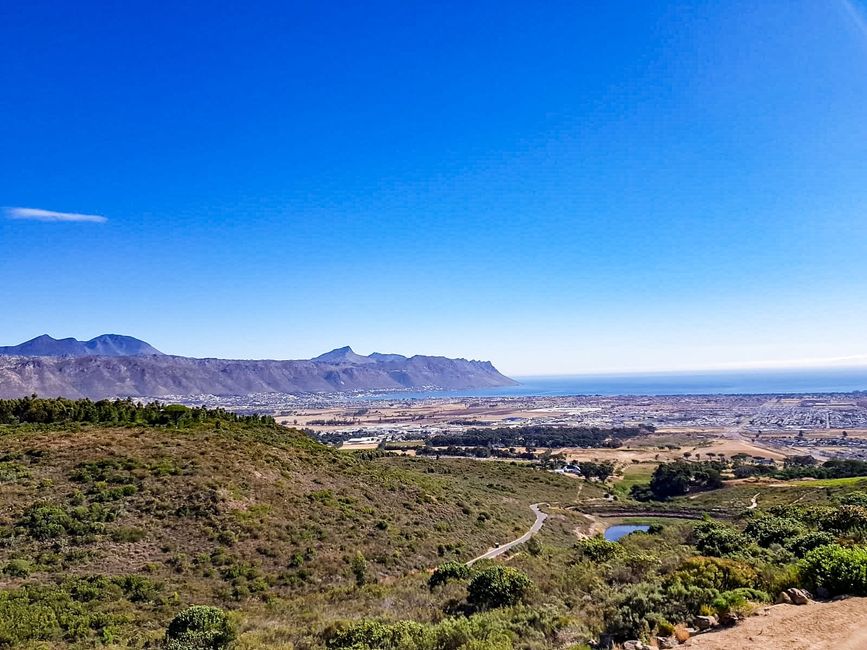
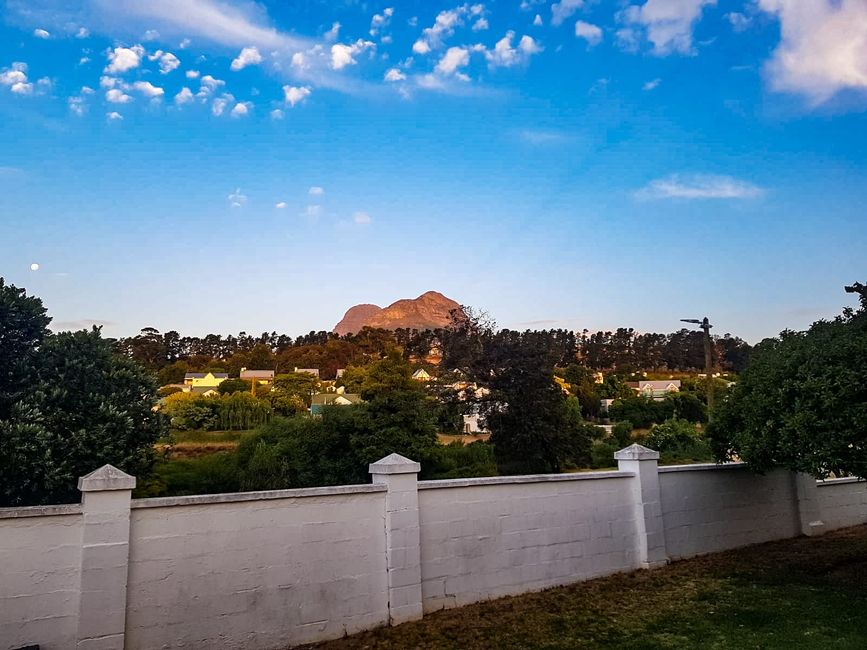
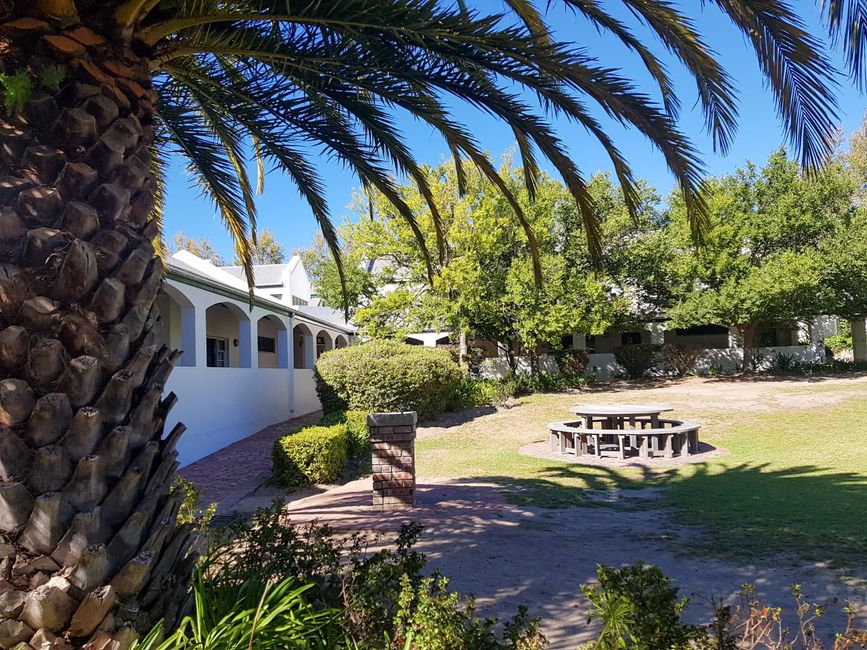
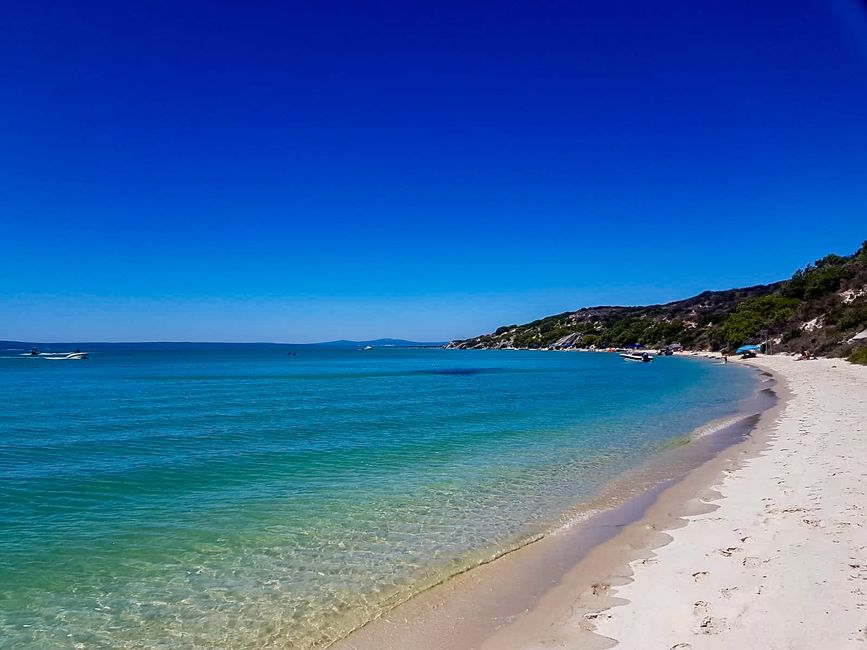
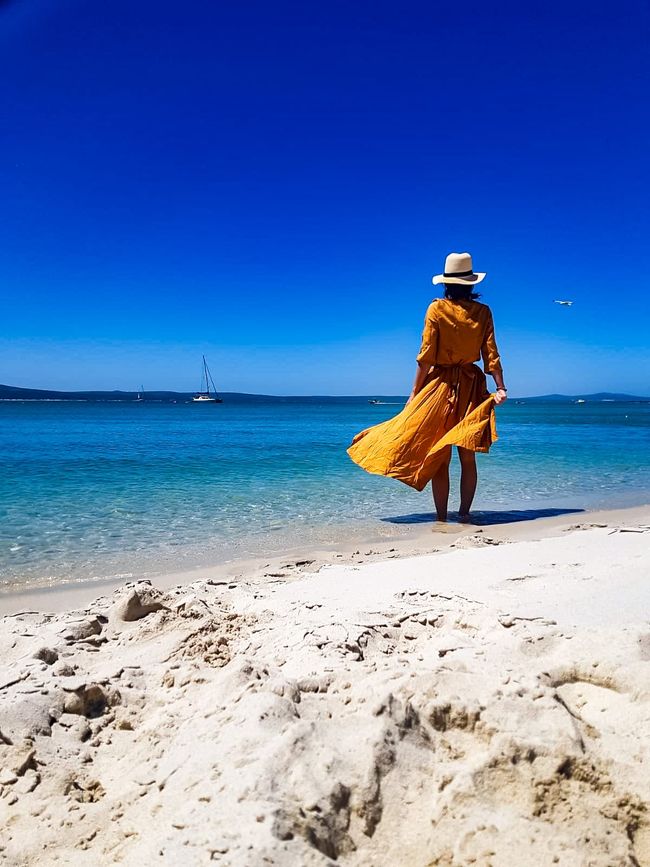
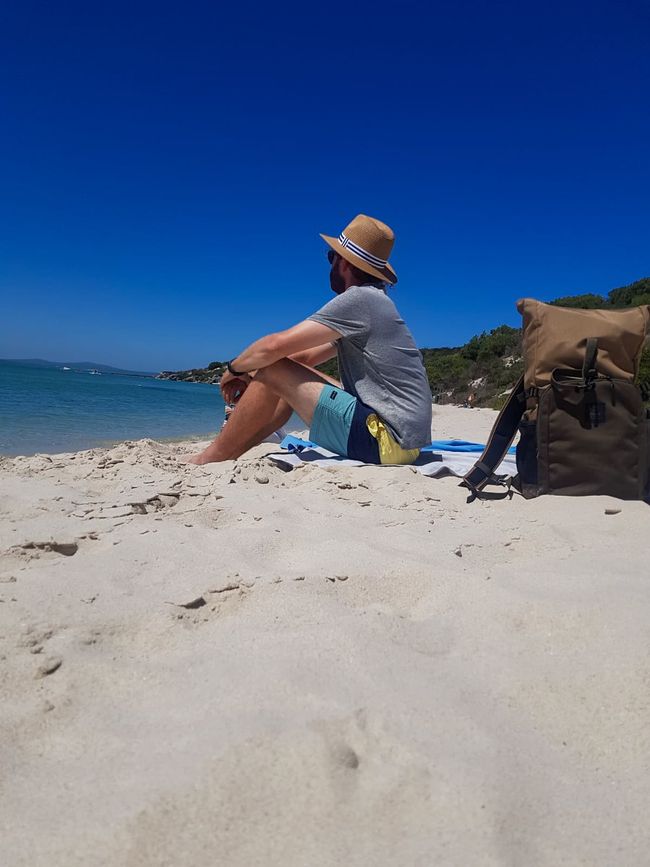
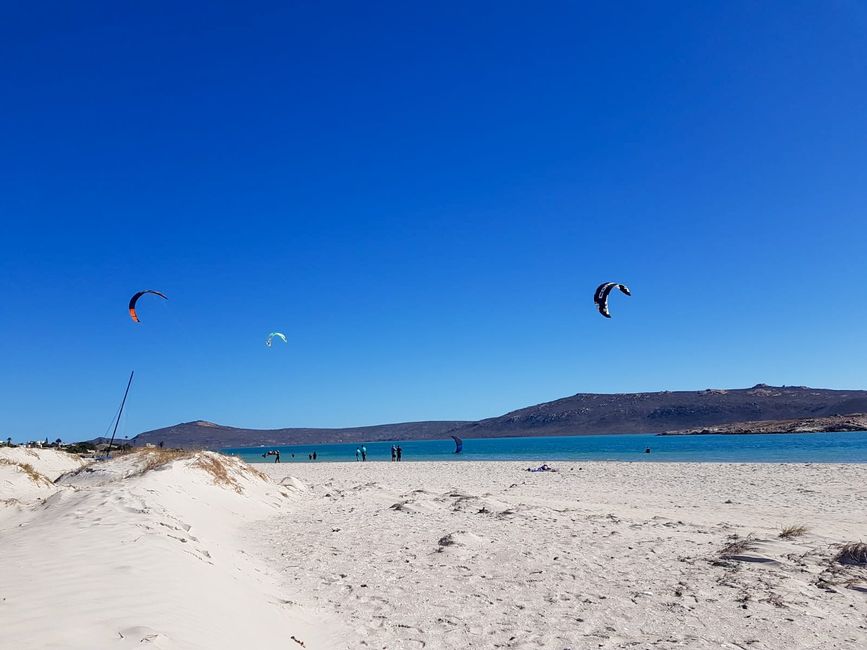
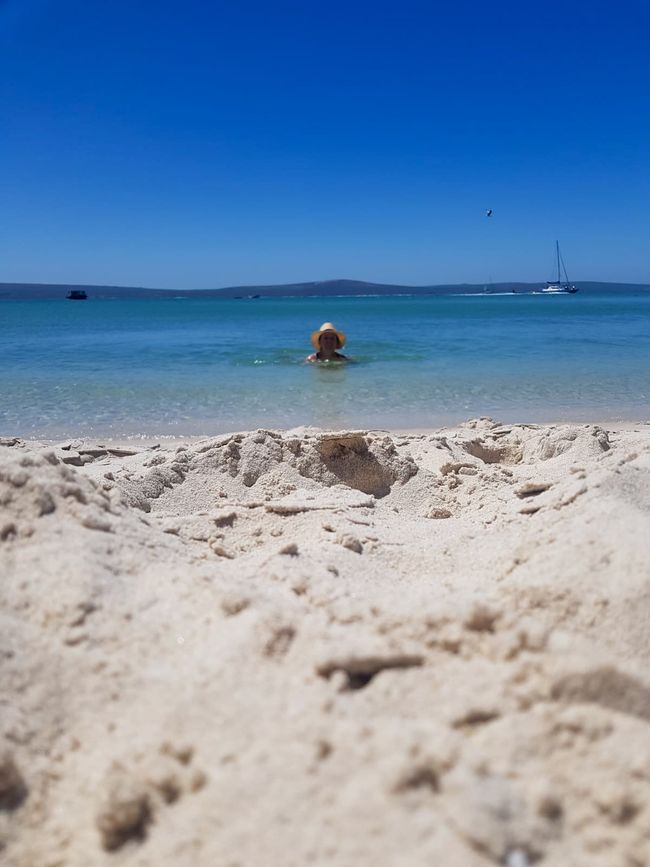
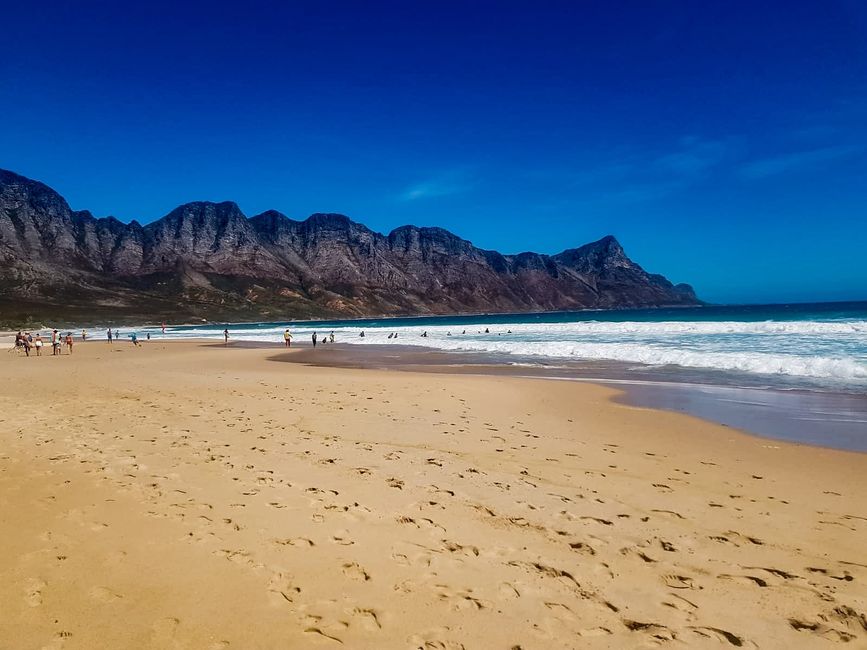
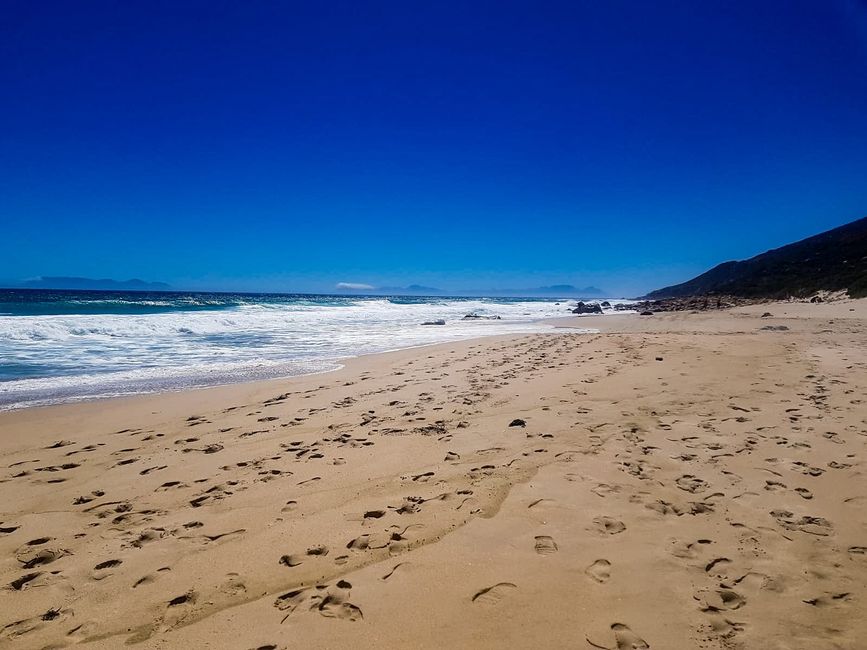
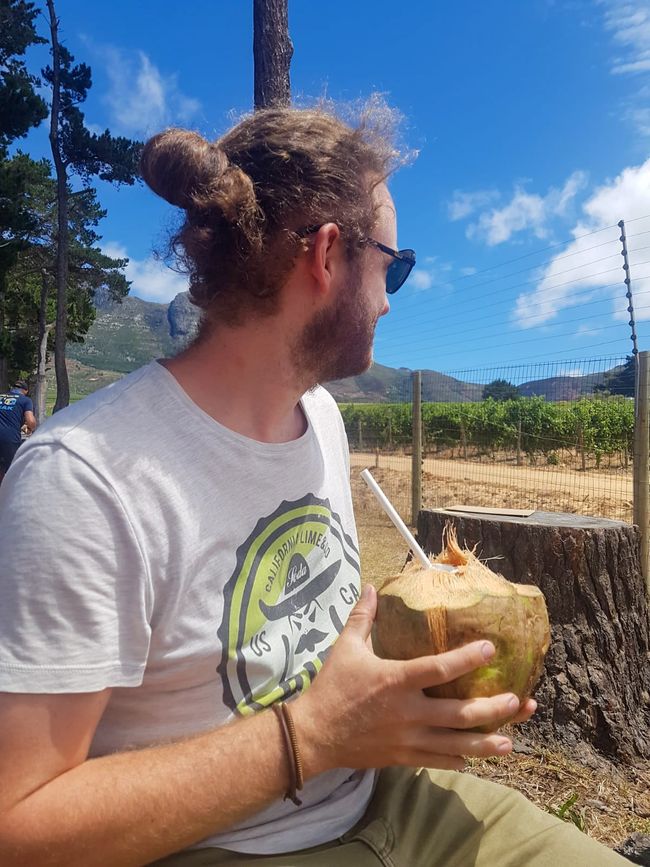
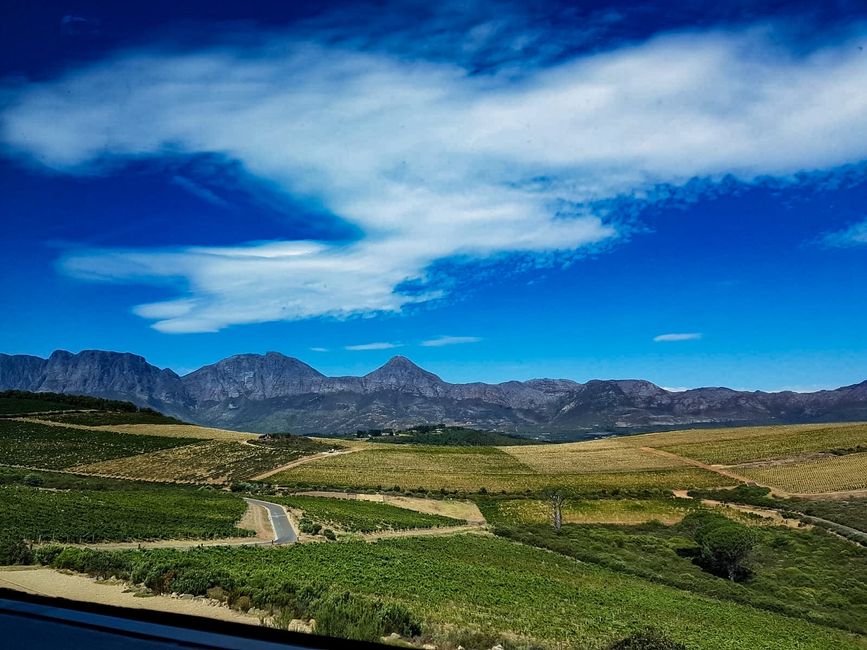
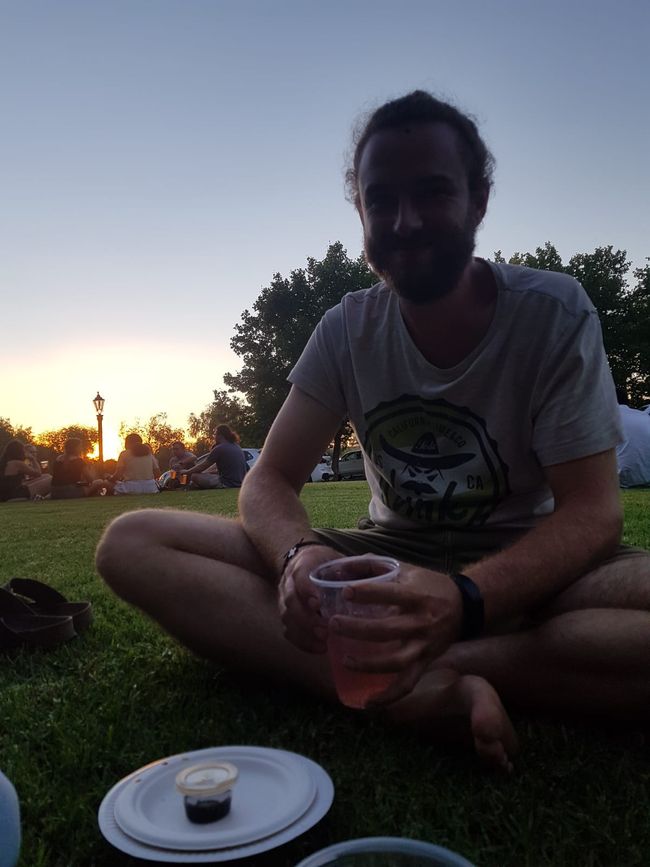
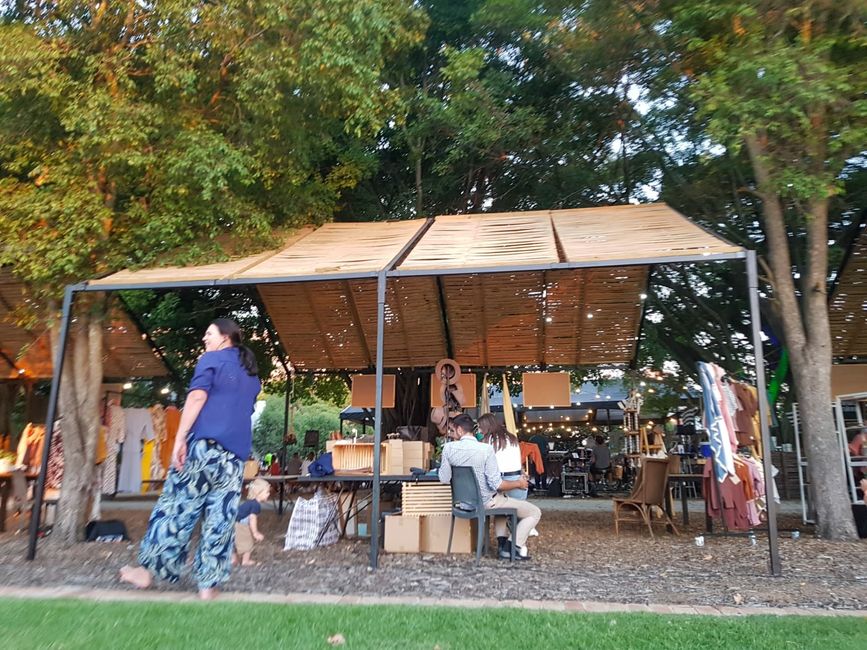
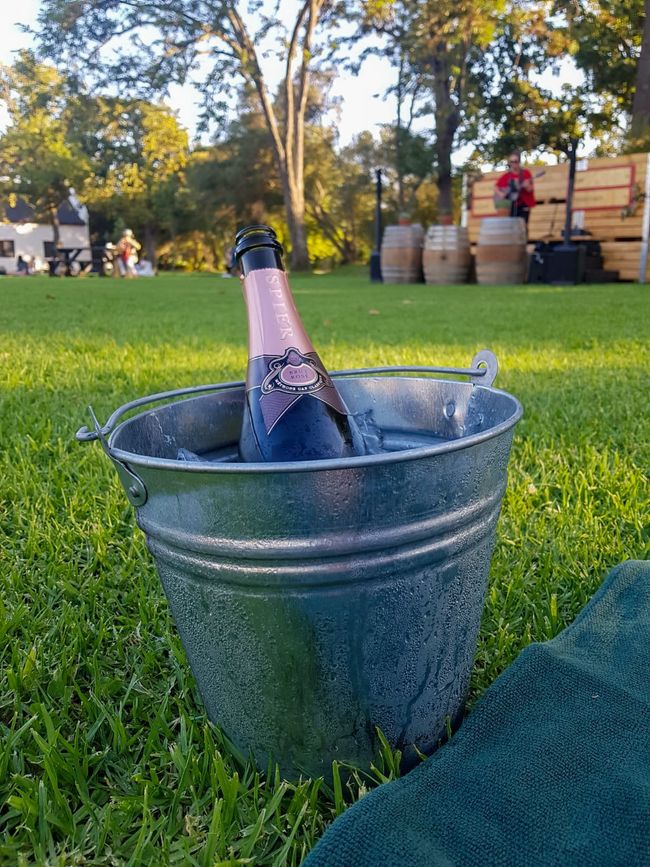
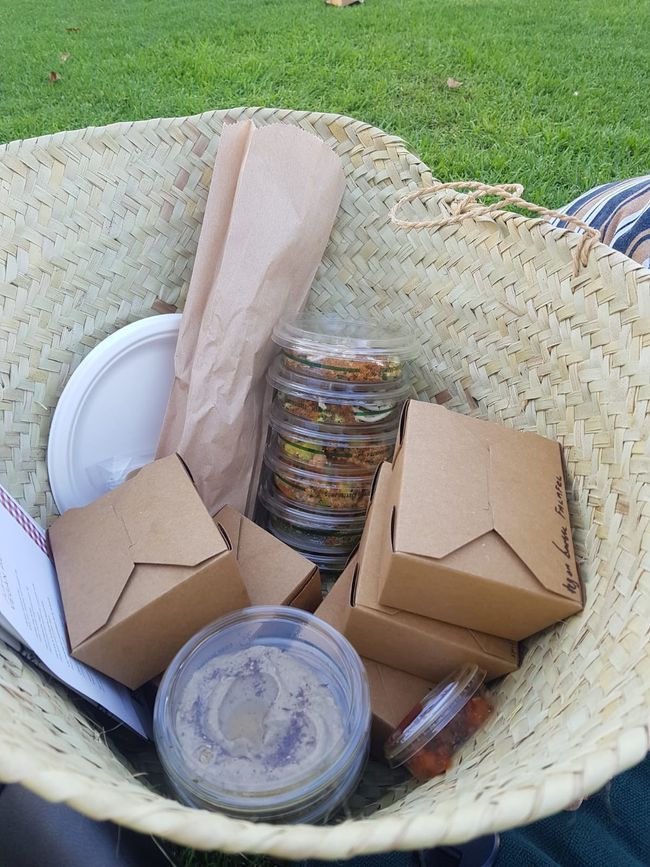
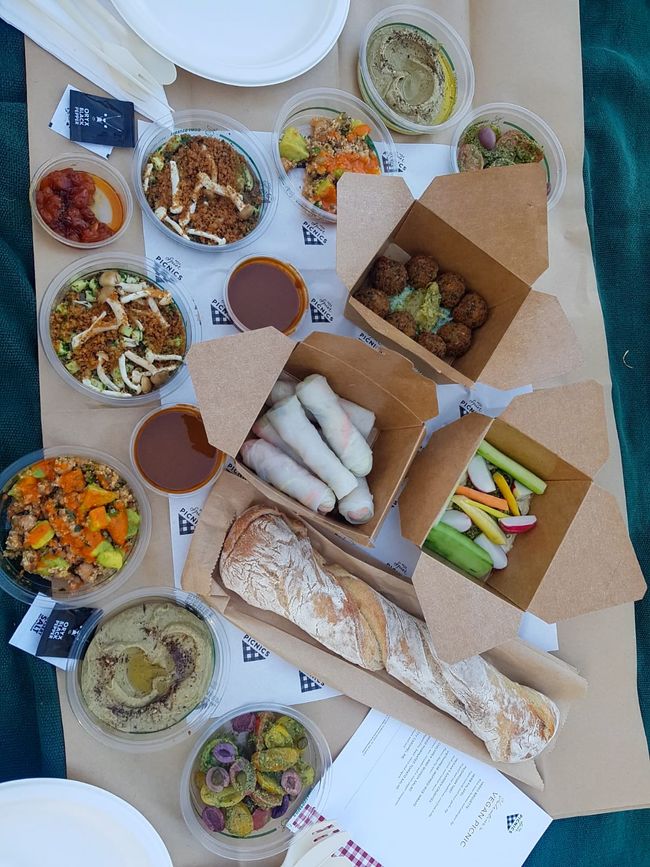
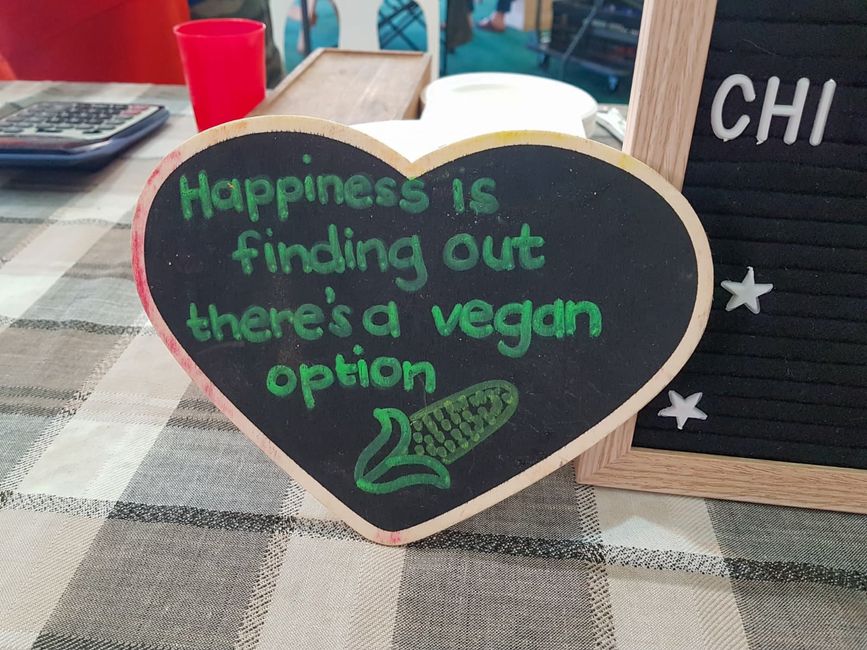
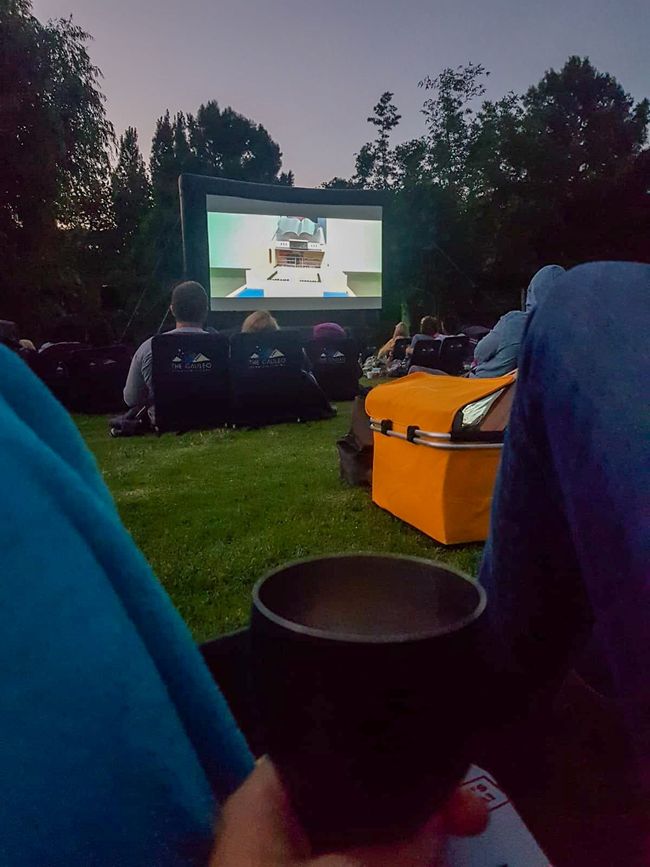
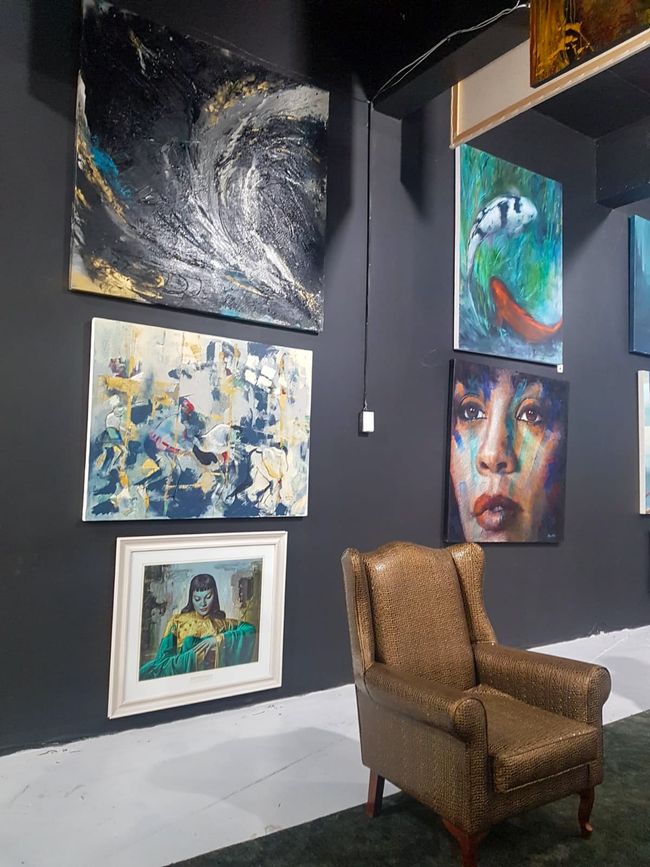
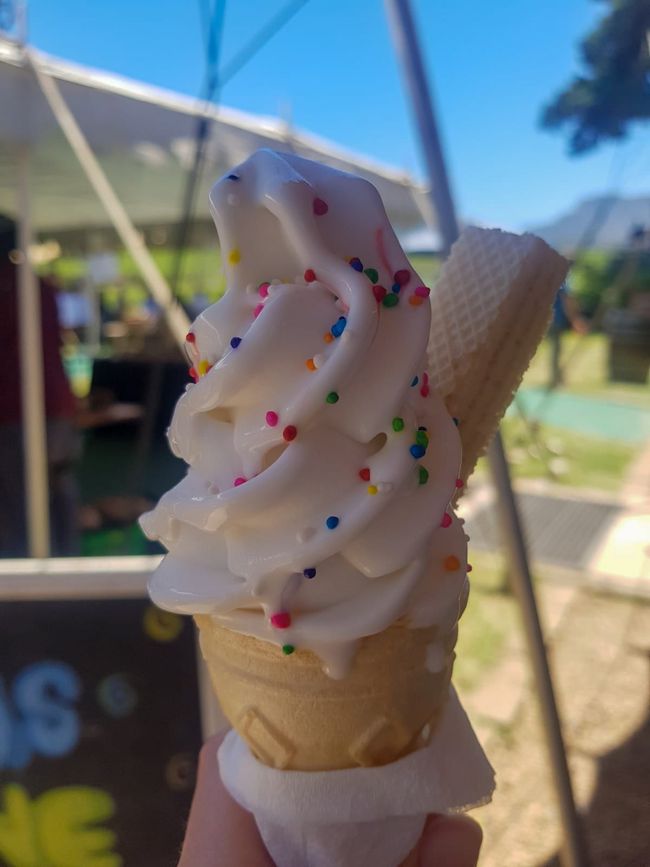
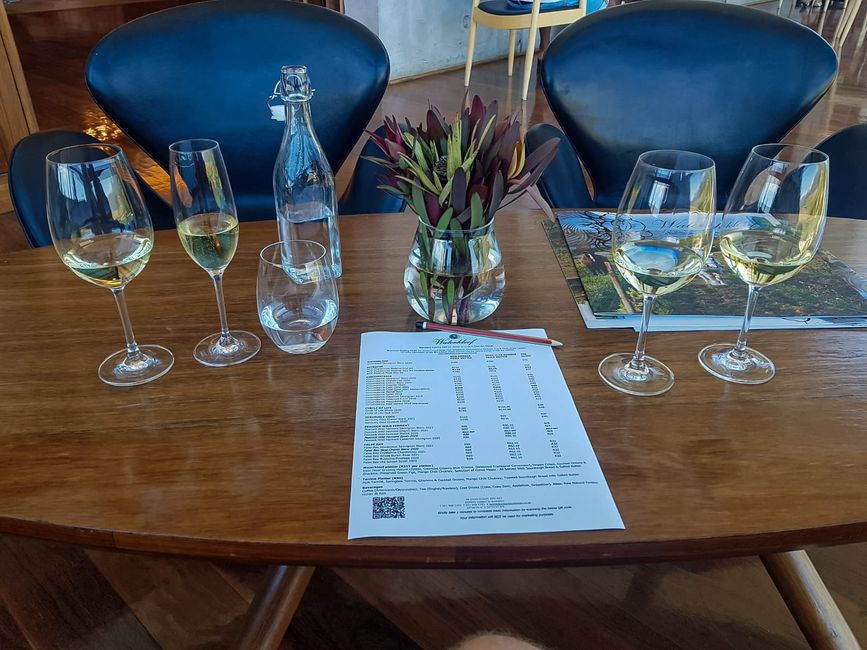
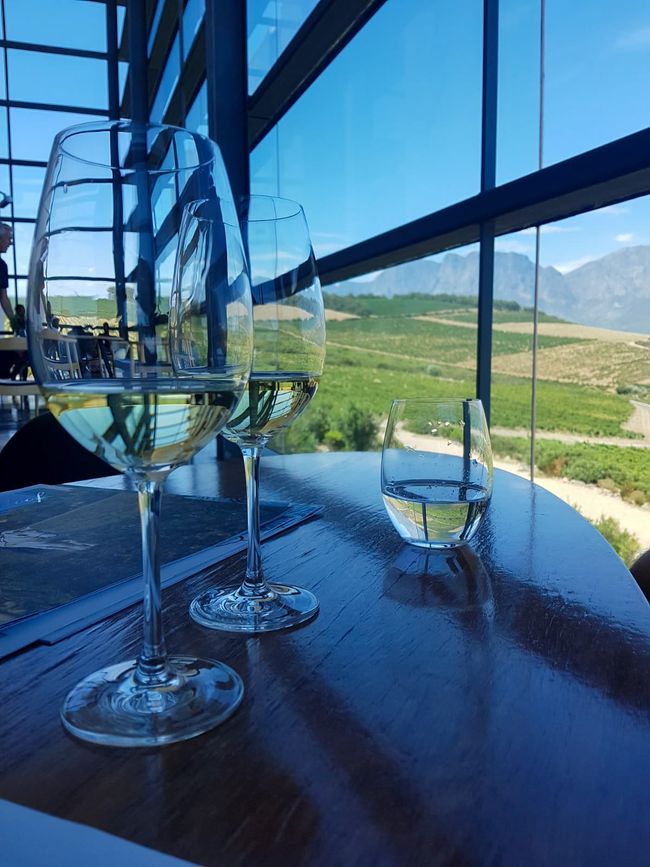
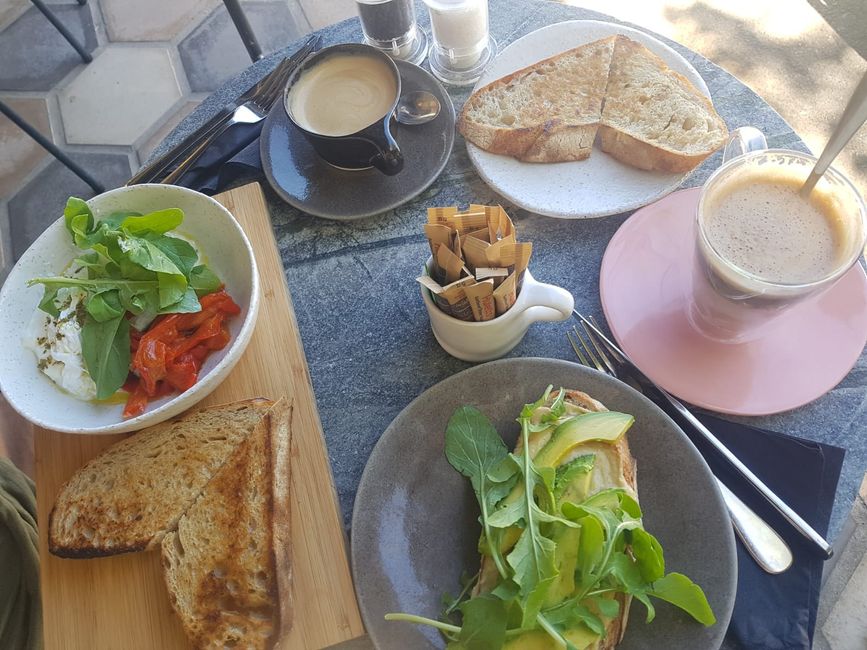
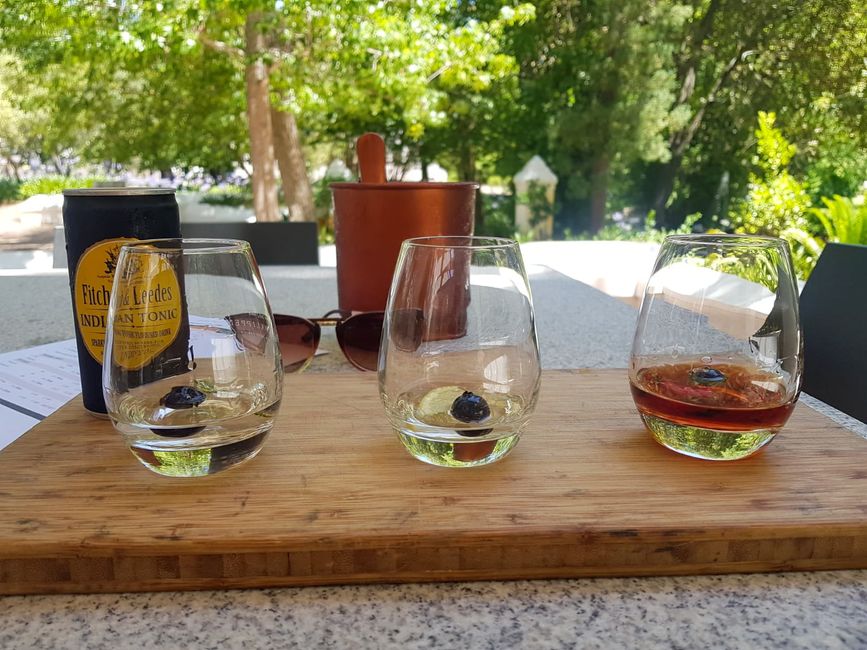
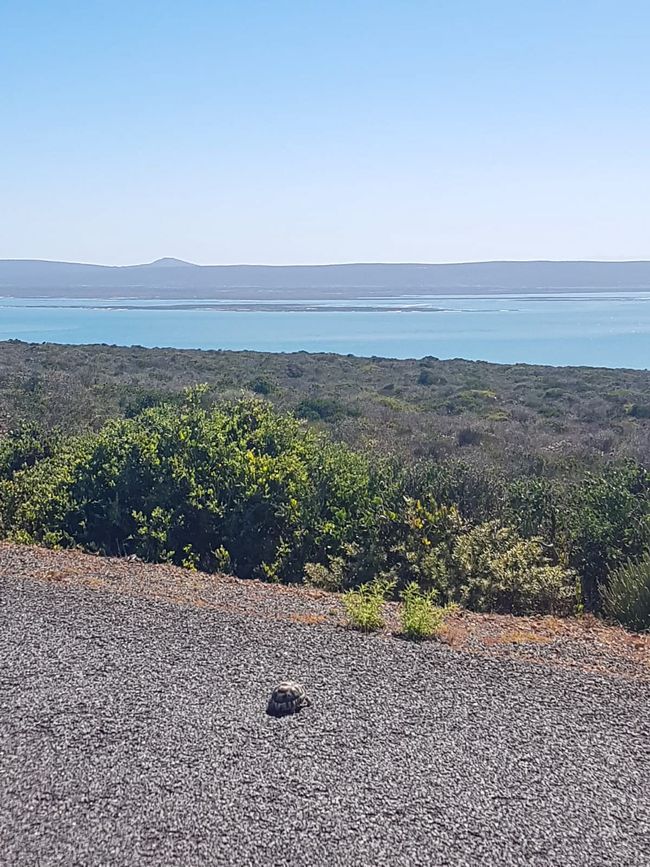
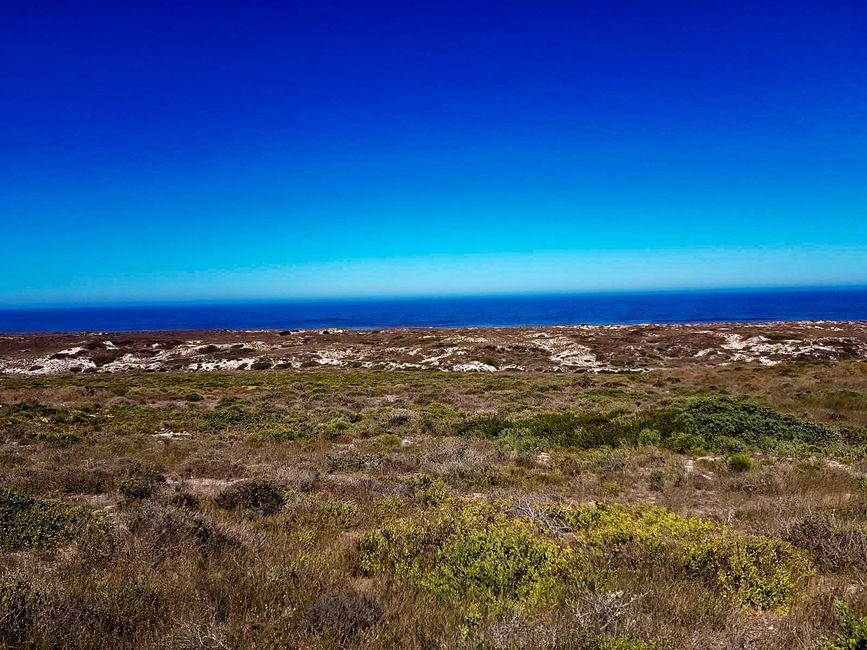
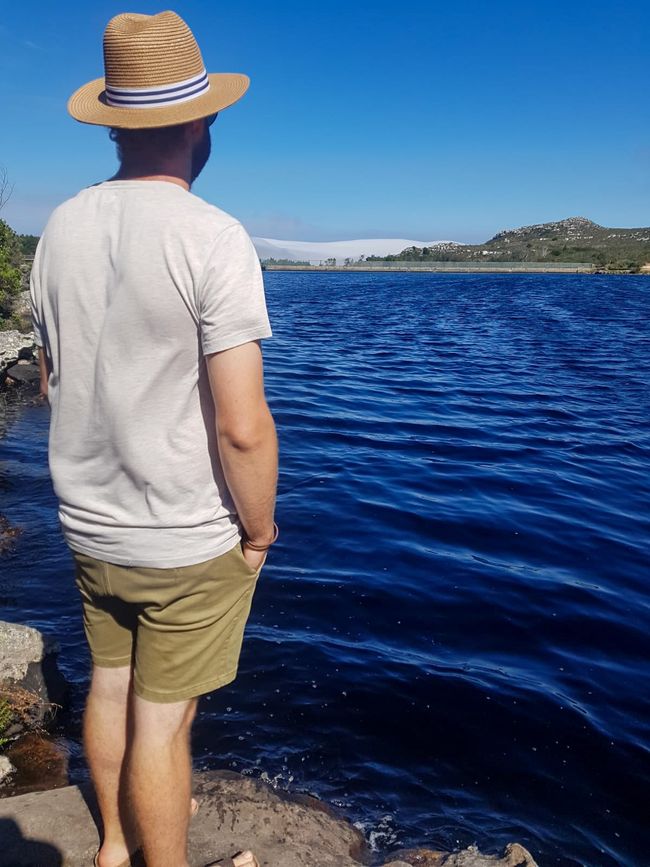
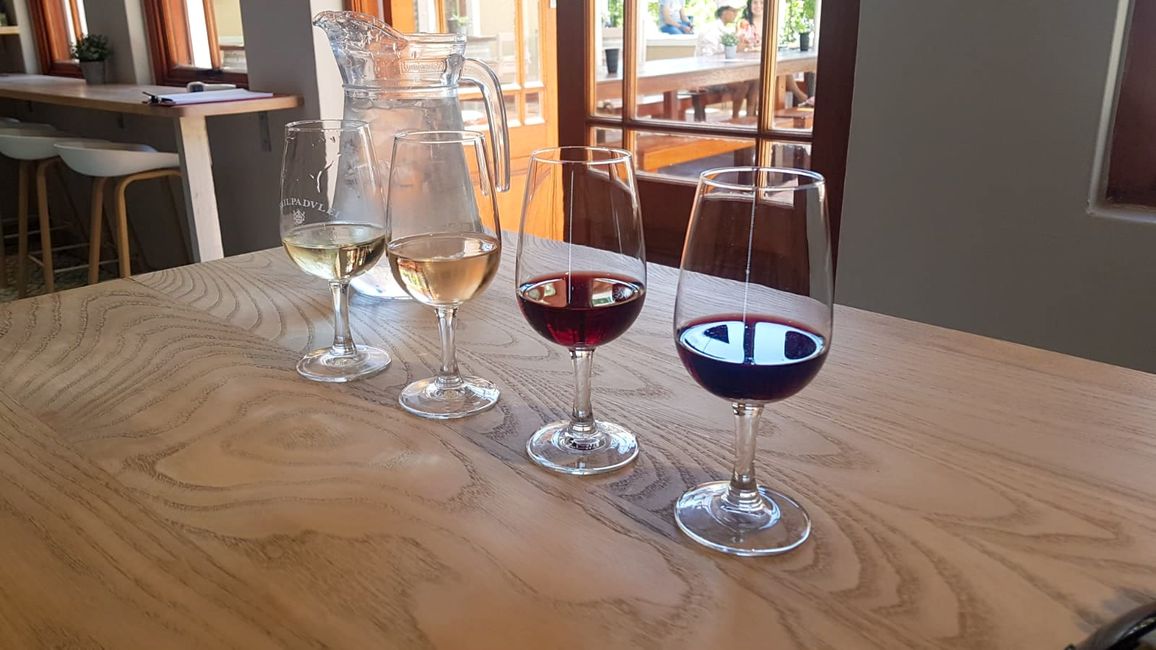
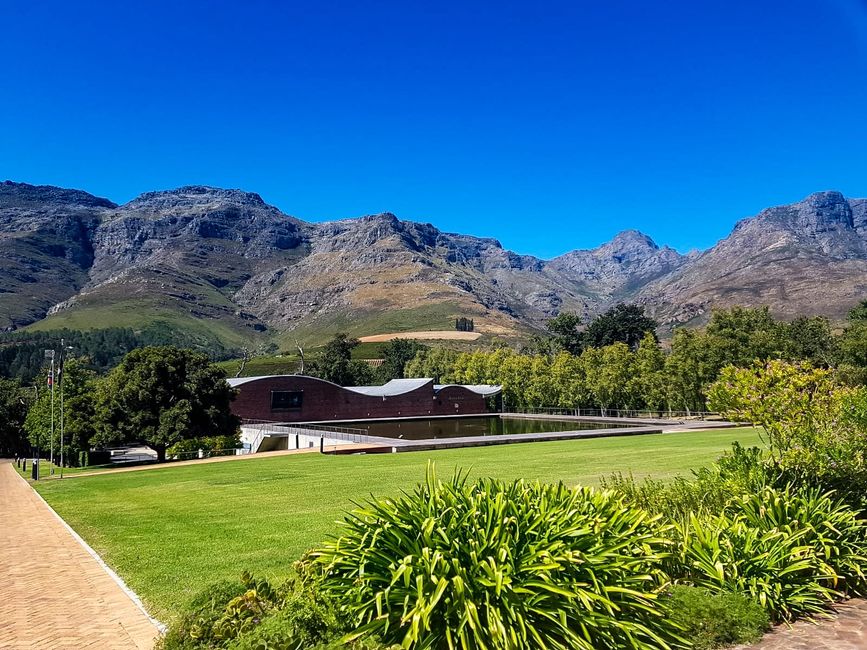
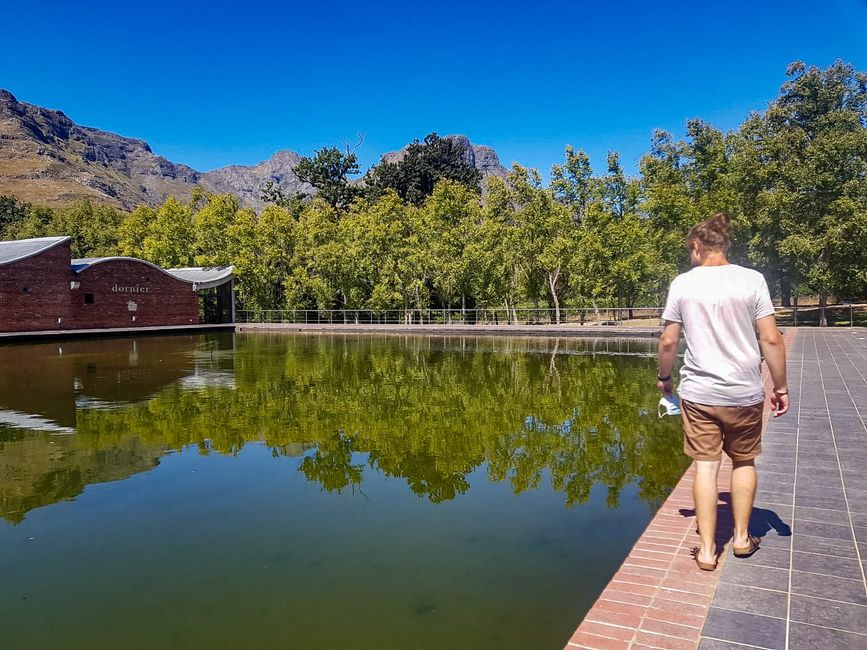
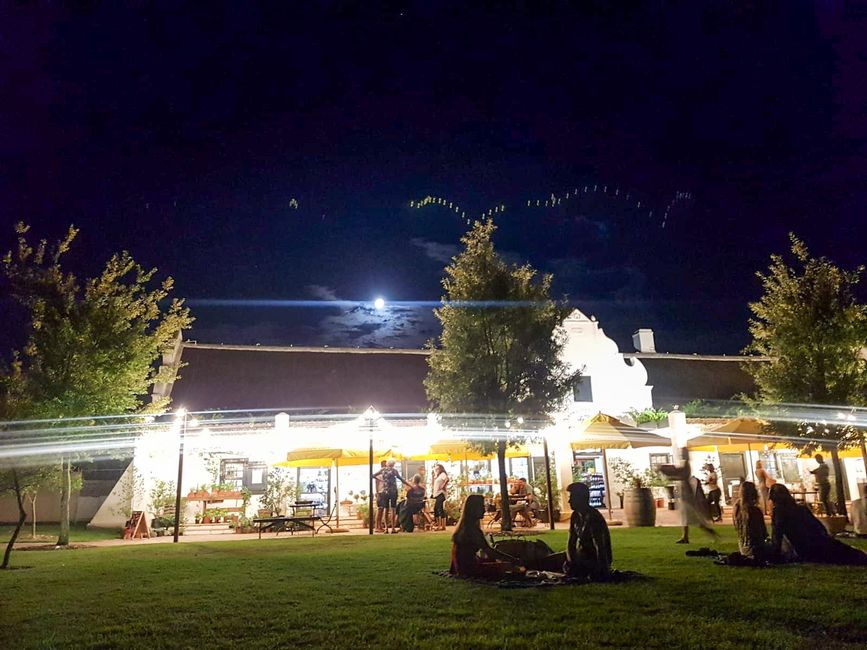
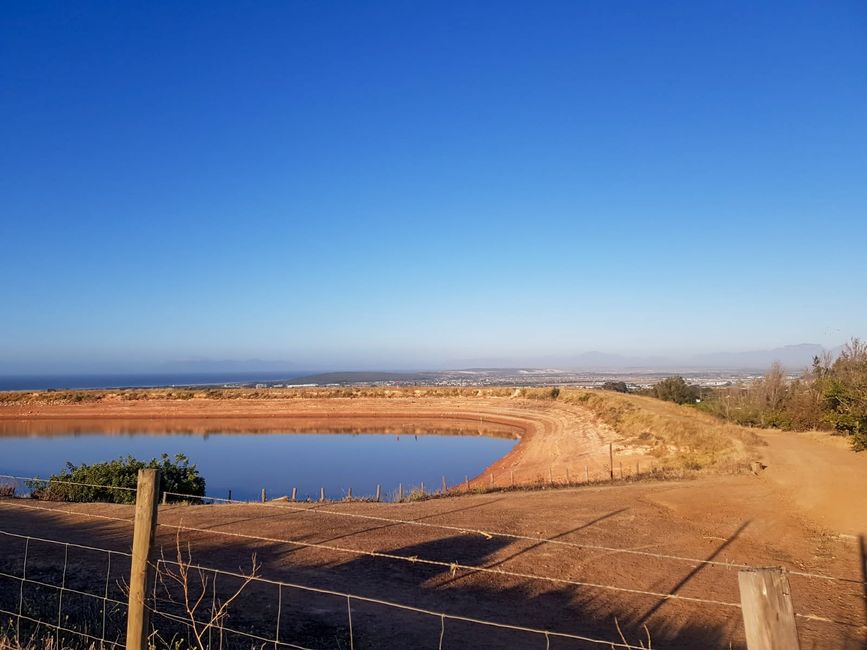
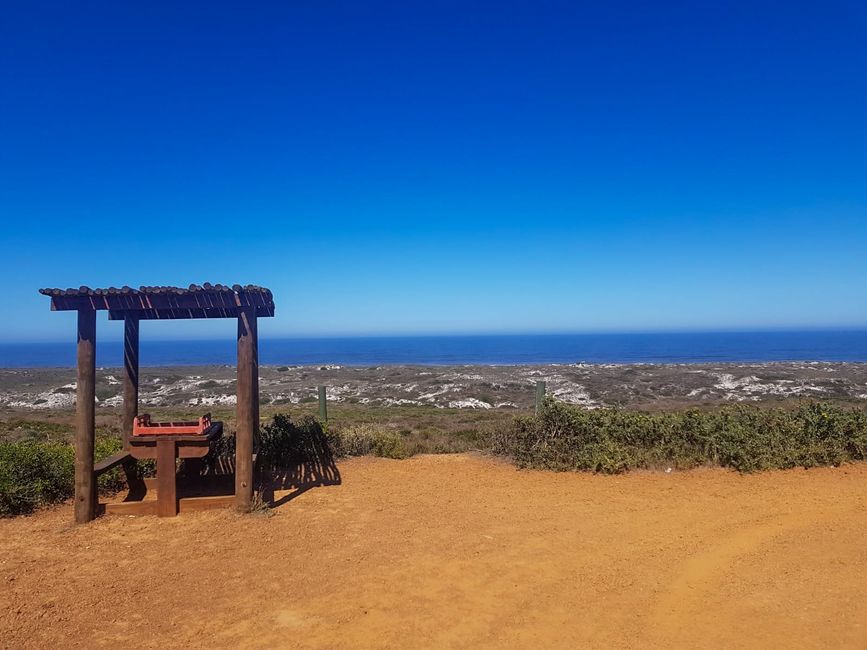
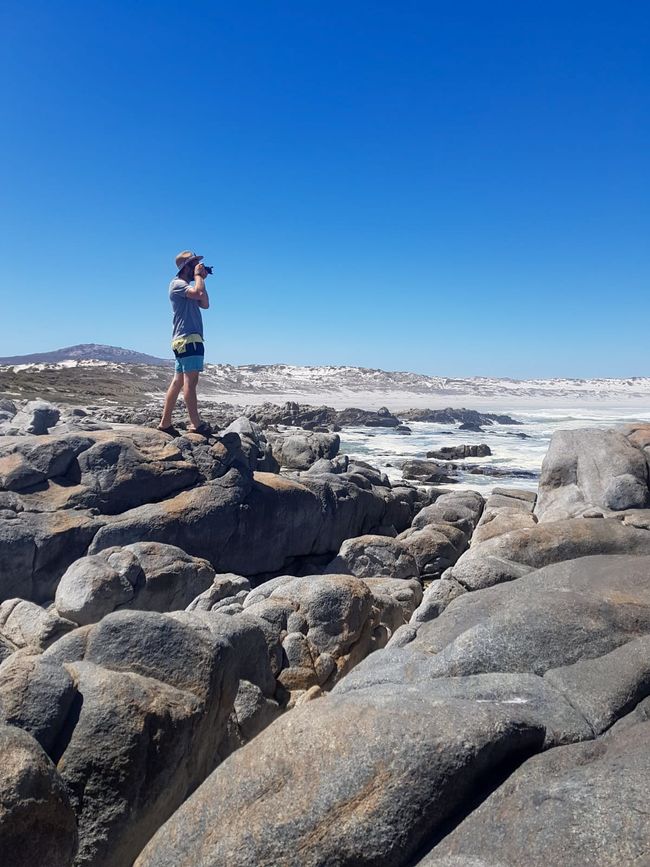
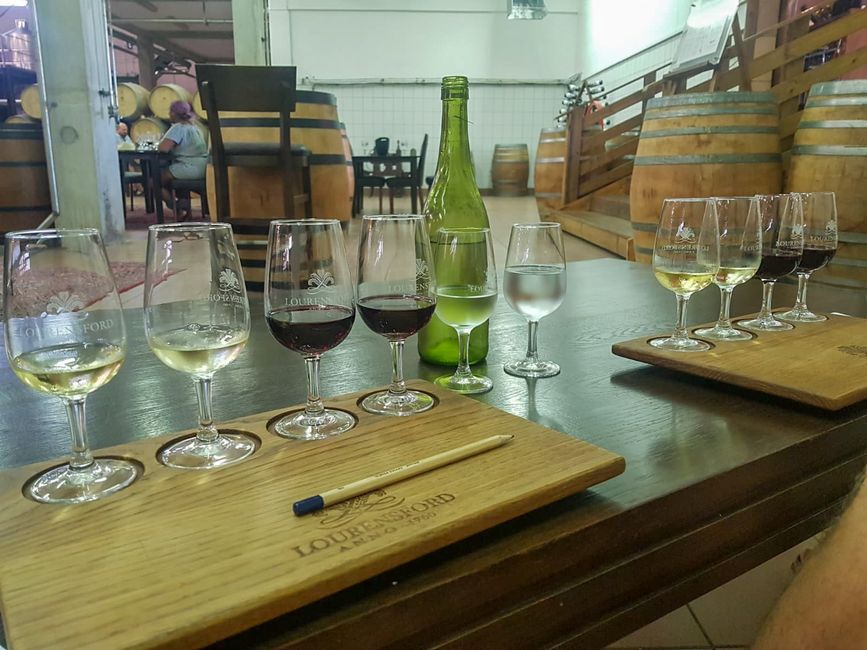
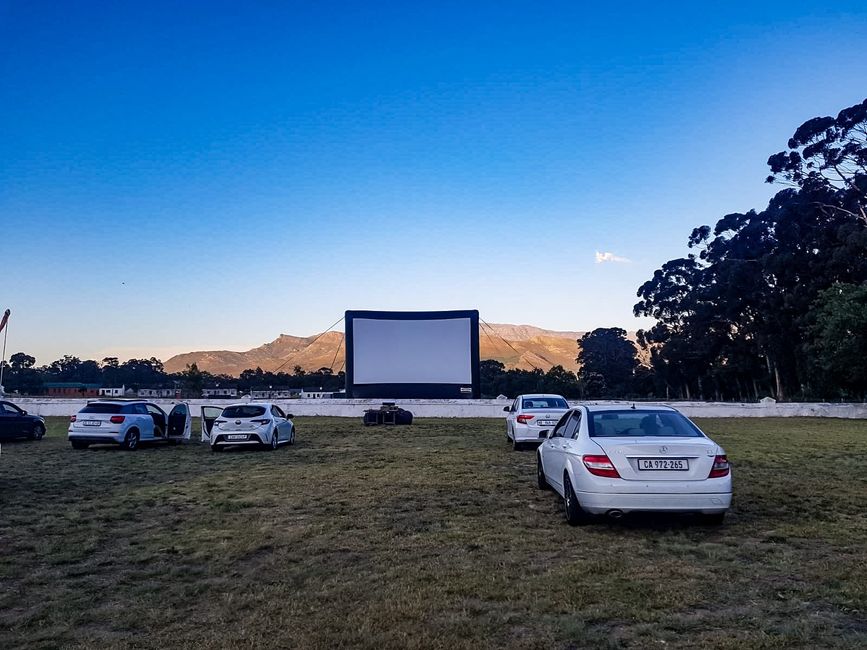
Ku biir Wargeysyada
Somerset West
After almost two months, 6000 kilometers of driving, countless hours in the car, and 40 nights in our beloved rooftop tent, we have arrived in Somerset West - our first long-term stop. Officially, it still belongs to Cape Town, but it is three-quarters of an hour outside between the beautiful, green Winelands and the Atlantic Ocean. The journey is over because we will stay here until Easter. Two years ago, we decided to do an internship abroad. It quickly became clear that South Africa, with its diverse wine culture and a wide range of German lessons, is the ideal country for both of us to implement these plans. For me, it is one of the most prestigious schools in the country, to gain more experience in teaching German as a foreign language as an assistant teacher. Maxi, on the other hand, expands his horizons and switches from wine to gin production.
For these months, we leave our cozy rooftop tent and move into a slightly more comfortable Airbnb apartment, where we not only have a real bed and bathroom but finally also a real kitchen, a sofa, and a terrace with a garden. Before our trip, we were a bit concerned about the safety of the residential area, but we feel comfortable right from the start. Some people live in huge residential estates with dozens of identical houses, surrounded by high walls and with security personnel at the gate. Our house is also surrounded by a wall (you don't see anything else here), but it is located on a normal street in a beautiful residential area. You don't really see any strange characters here, unless the garbage truck comes. Then in the early mornings, homeless people run from house to house with shopping carts to search through the garbage for useful items.
Our car just fits perfectly into the parking space on the property, so we don't have to worry about it. Although you occasionally hear horror stories of burglars using carpets to overcome electric fences, that seems to be the exception rather than the rule. We spend the first few days settling into our apartment and getting used to the new environment. From our terrace, we have a direct view of the striking Helderberg, which shines in pink and red colors at sunset.
The School
In the midst of the surrounding vineyards is the huge school campus, where in the first few days before school starts, I get to know the other new teachers. Unlike in Germany, everyone addresses each other by their first name, and there is immediately a familiar and benevolent atmosphere. The schools do not have semesters, but four terms per year. The summer vacation starts at the beginning of December and goes until the beginning of January when it is midsummer in South Africa.
Getting used to a different school system is initially overwhelming. Unlike in Germany, there are many more private schools attended by "rich" and more privileged students. Public schools are not highly regarded but are attended by children who cannot afford the semi-private or private schools.
Students attend senior school from 8th to 12th grade. In general, all students go to one school, not divided into grammar school, secondary school, or middle school, but they differ in the qualifications they acquire. Many schools in the Cape Town area offer German as a foreign language, probably because of the numerous German immigrants in this area. The Germans who only spend the German winter months in South Africa are jokingly called "swallows" by the locals. But if you look at the surroundings here, you can really imagine much worse places to escape the icy European winter.
School life in South Africa is very different from that in Germany. All students wear a school uniform and have to stay after school if something is not right, such as their hair being too long, the beard not properly shaved, or wearing unauthorized jewelry. The first school period is even ten minutes longer to allow for appearance control. The students are also very disciplined, always greet the teachers, always give way to the teachers, and are incredibly polite. The sense of community is strengthened by a weekly assembly with the entire school (8th-12th grade), in which events are revisted and sports events and the achievements of individual students are reported, and the school anthem is sung. On Fridays, there is a short "chapel," which is officially a kind of prayer in the school chapel. But it takes place in a very unconventional way: usually a few songs are sung, the school chaplain talks about certain topics and gives impulses for reflection.
The students spend a large part of their free time at school. There is no real club life like in Germany; instead, the school offers various sports activities. Instead of regular physical education classes, all sports are scheduled for the afternoons. The schools play tournaments against each other, and the students often spend days at individual sports events.
The Distillery
Meanwhile, Maxi starts working at the distillery. Various types of gin are produced there and even distributed to Germany. Juniper berries and more special ingredients such as African herbs, rooibos, lemon zest, or raspberries are infused into the raw alcohol. After the flavors have had time to mature, the mixture is filled into the still and distilled again.
In addition, large quantities of schnapps are produced in the distillery. During the fruit season from January to April, about 90 tons of plums are delivered weekly, which are mashed and fermented with yeast. At the end of the fermentation process, the mixture is distilled in the still, resulting in a plum schnapps with about 75-80 percent alcohol. This is sold further and used as a base for other schnapps, such as gin.
Maxi was responsible for inspecting the delivered fruits and sorting them according to ripeness. He then supervised the processing process, filled the plums into the machine, added the yeast and enzymes, monitored the fermentation process, and so on. In principle, the same work as in wine processing, so he could also be of use with his background knowledge.
Our Life in Somerset West
The first few weeks fly by. After weeks of traveling around, we suddenly have a real everyday life again, a routine, we have to get up early in the morning and work until late afternoon. We use the weekends to explore the area. We quickly made a whole list of wineries that we have visited and an even longer list of ones we still want to visit. But the surroundings also have so much to offer. From open-air cinemas with mountain panoramas, night markets with live music, gin tastings, deserted sandy beaches, concerts, flea markets, picnics on wine estates, refreshing dams in nature reserves, and turquoise lagoons, there is really everything.
Despite the coronavirus pandemic and the lower vaccination rate compared to Germany, everyday life here is virtually unrestricted. Apart from the mask requirement in closed rooms and on the school campus, there are no restrictions to be felt. The initial shock of the Omicron variant has subsided. In mid-January, we even got our booster shots very easily at a pharmacy. Since then, we feel somewhat safer when we hear about the ever-emerging cases of COVID-19 at school. After all, the classrooms are not in a large, enclosed school building but can be reached from the outside through a door. All windows and doors are always open due to the hot temperatures, so everything is well ventilated.
The January heat is exhausting for us at first, but over time it becomes more pleasant. Temperatures up to 40°C are not uncommon here in the summer months. Now in March, autumn is slowly beginning, it gets light later in the morning, and it is refreshing and cool. The temperatures still rise in the afternoon, but overall it is very pleasant. However, the change of seasons brutally reminds us how long we have been on the road and that the end of our journey is not so far away anymore. Half of nine months has now passed. Having a job and a daily routine simply makes time go faster. In retrospect, that has probably been very good for us. Being constantly on the move can also be quite exhausting. After just a few weeks, we were already longing for company again, missing our cozy evenings with friends or being together with family. During our time in Somerset West, we had all of that at least partially again, as we quickly made new acquaintances and often made appointments with our colleagues or other acquaintances.
After the demanding months of work, we are partly sad that everything went by so quickly. You can live in the Cape region well and for a long time. We really understand all the emigrants and "swallows" very well. On the other hand, we are also incredibly excited to explore the remaining corners of South Africa, of which we have already heard and read so much. From the Garden Route and the over 80 South African national parks to Lesotho and Eswatini, and into the vastness of the Kalahari in Botswana, there is still so much for us to discover. We are absolutely ready for the next adventure!
Ku biir Wargeysyada
Jawaab
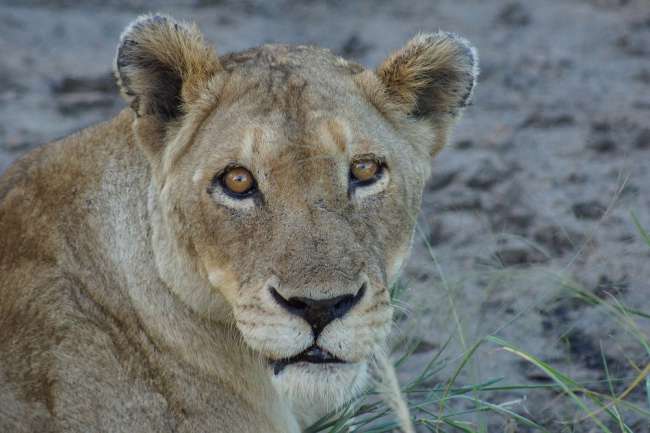
Warbixinaha safarka Koonfur Afrika
